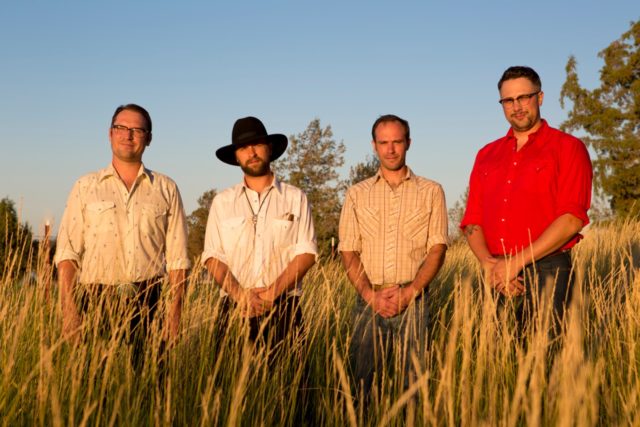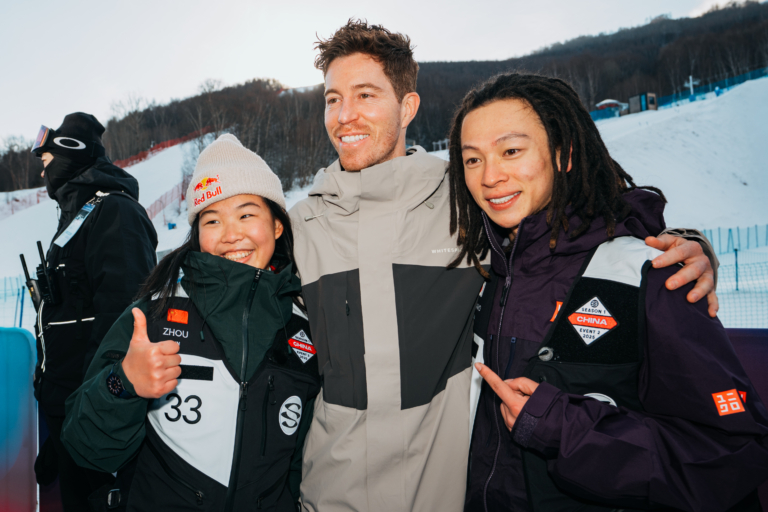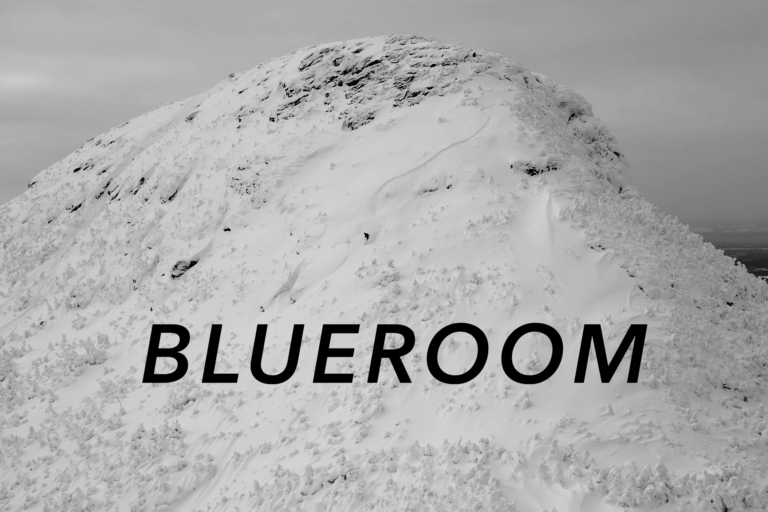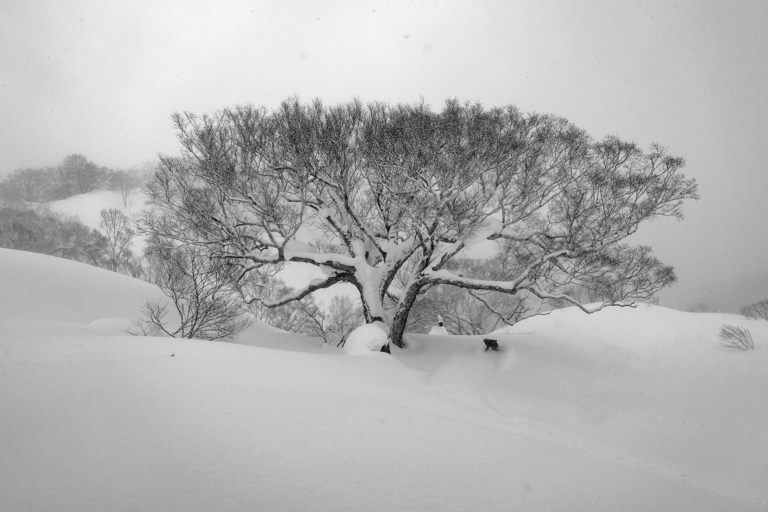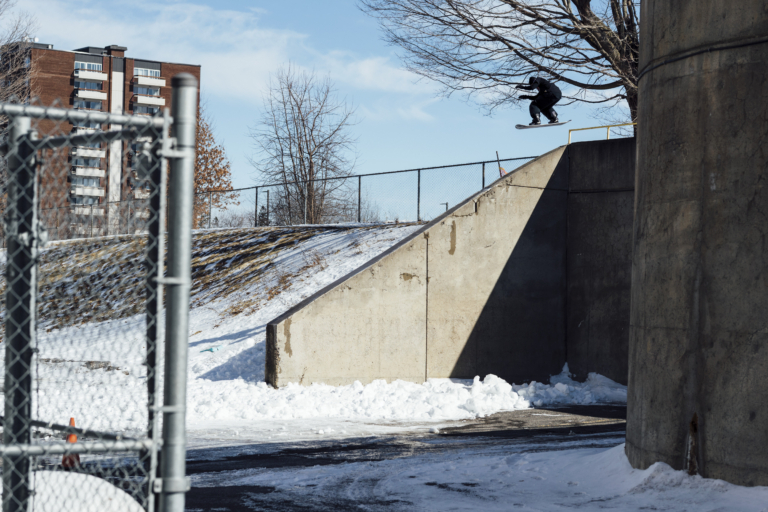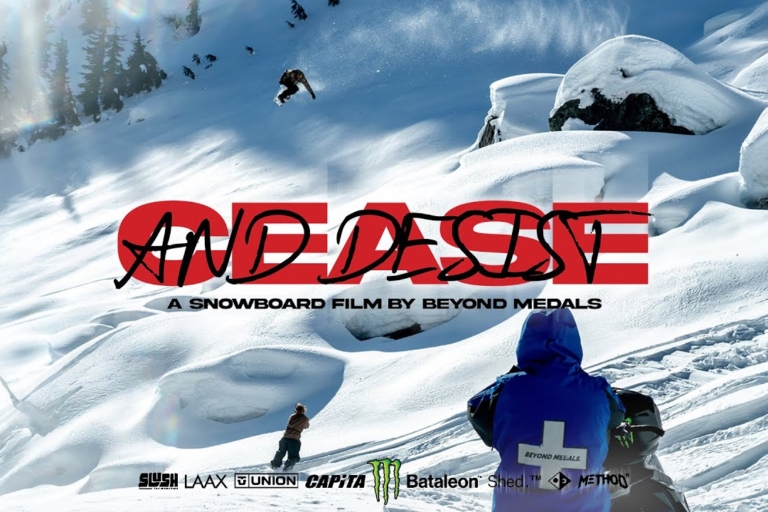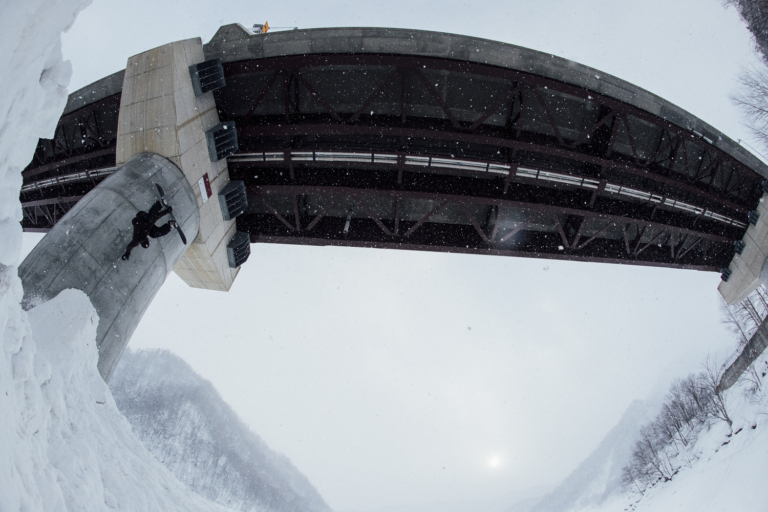It seems that snowboarding has somehow shunned country music as not being “hardcore” or “cool,” forcing its listeners to become closet enthusiasts of honky tonk, but the Lonesome Billies are not your typical country band. The band has been shaped by its environment in skateboarding and snowboarding, rooted in the foundation of punk rock and then injected with the twang of a classic Western sound, creating a style reminiscent of The Ramones with the melodic strum of Waylon Jennings. Lead vocalist, co-founder and combover extraordinaire of The Lonesome Billies, Clayton McCune, has been a sales representative for Airblaster for over a decade, which led to his owning a stake of the company starting in 2008. The Billies call the many music halls and bars of Portland, Oregon home, where they have been supported by the incredible snowboarding community that lives in the shadow of Mt. Hood. We featured one of the band’s numbers in Danny Davis: The Way I See It and since then we have had The Lonesome Billies on constant rotation in the Snowboard Mag office because of their unique sound and strong connection to our world.
March 10th marks the release of The Day I Lost My Life, an EP that will introduce the band’s first full length album due at the end of this summer, so we found it only appropriate to introduce you to Clayton and the story of The Lonesome Billies, who proves country can indeed be punk rock.
The Lonesome Billies. Left to right: Jeff Gaither, Mike Scheidt, Glen Scheidt, and Clayton McCuneWhen did you start playing music?
I started fooling around with music in high school, right after I discovered that there were skateboarders and snowboarders that did things for the sake of doing them, for the creative expression. Once I saw guys my age or just a little bit older than me, which would have been in the early 90s, doing things like that it was the first time I could relate to the people doing them. I wanted to do it myself. All of the guys, all of The Lonesome Billies, we all went to the same high school together and all of them were in punk bands and stuff.
Were you guys in the same bands? Or were each of you doing your own thing?
I wouldn’t say what I was doing would qualify as a real band. Mikey, our bass player poked around and played here and there, but our drummer Glenn was in this band called The Knuckleheads that was the biggest thing in school. It was the one that everybody looked to. Jeff our guitar player was in a couple bands, like goofy high school punk rock outfits. But it wasn’t until I really went down the rabbit hole of country music when it came together. I kind of knew about Johnny Cash and Hank Williams, then I heard about this guy Roger Miller and I started discovering country music that was older, but independent, and had the same raw thing that I was hearing out of punk rock. In high school I didn’t want to talk about that or acknowledge it. Country music was a faux pas for sure — big mud tires, super curved-bill hats, and tight pants — and we were skateboarders. It was like my dark secret [laughs]. Then I started learning more about it as I got older and in my 20s I started strumming guitar. Once I got my head wrapped around it, the mentality to a lot of music is the same as punk rock music is, certainly the music we’re playing is. We wear cowboy boots, tuck our shirts in and comb our hair but in our minds we’re playing rock and roll.
You can definitely hear the influence between the two, how they complement each other. It’s a really cool sound. What’s the biggest influence for you right now and what do you seek to achieve when someone listens to your music for the first time?
My biggest influence, personally, is probably Waylon Jennings. But I think Willie Nelson too. I had a guy tell me we sounded like The Ramones of country music, and I love that description. I like the idea of being super loose, rough and tumble. The Clash, The Ramones — that late 70s punk rock stuff — is just as big of an influence. But the one that I hear from a lot of people is that there’s a Johnny Cash element to it. I don’t mind that comparison, but I don’t want to compare myself to Johnny Cash [laughs]. It’s definitely an honor, but those are big shoes to fill.
What has been your experience for the past few years with starting the band, getting publicity and putting out some records? How has the band grown?
Our experience has been pretty good, but we’ve also been able to take advantage of our industry connections through snowboarding and skateboarding. When we didn’t have any music out we played at an Airblaster sales meeting, we did the the Salomon/Bonfire Pipe to Pipe event up on Mt. Hood, we just made ourselves available to the industry people here in Portland, which there are a ton of. We played a lot of those parties, then got our act together and learned how to play live, then started opening for bands coming through town and some of the smaller venues. We’re still a blip on the radar, but we’ve learned a lot along the way about playing in front of a group of people. While we’re doing it all ourselves, totally independent and learning as we go, I think one thing that we have done a really good job as is being professional. Taking it seriously and believing that it’s something worth sharing with people. We put out a CD three years ago, just five songs, and that got a pretty good reception through our network of friends.
We started out as a two-piece, added tambourines and shakes, then a piece of a drum set, then real drums, real bass, and on this record we have pedal steel guitar, plus some piano. There’s some traditional honky tonk, country music on there, but I think it’s still pretty raw. We definitely like to keep it moving.
What has been the biggest challenge?
We have to be pretty persistent, you have to believe that somebody is going to care. If you just come around once, people may or may not remember you. That’s part of why we’re really excited to put out some more music because the first round people just said, “oh ok.” It’s such an instant, here and gone culture now that you have to keep plugging away. I think we would all love it if we could play music for a living, but we’re also realistic enough to know that going on America’s Got Talent isn’t something that we want to do [laughs].

